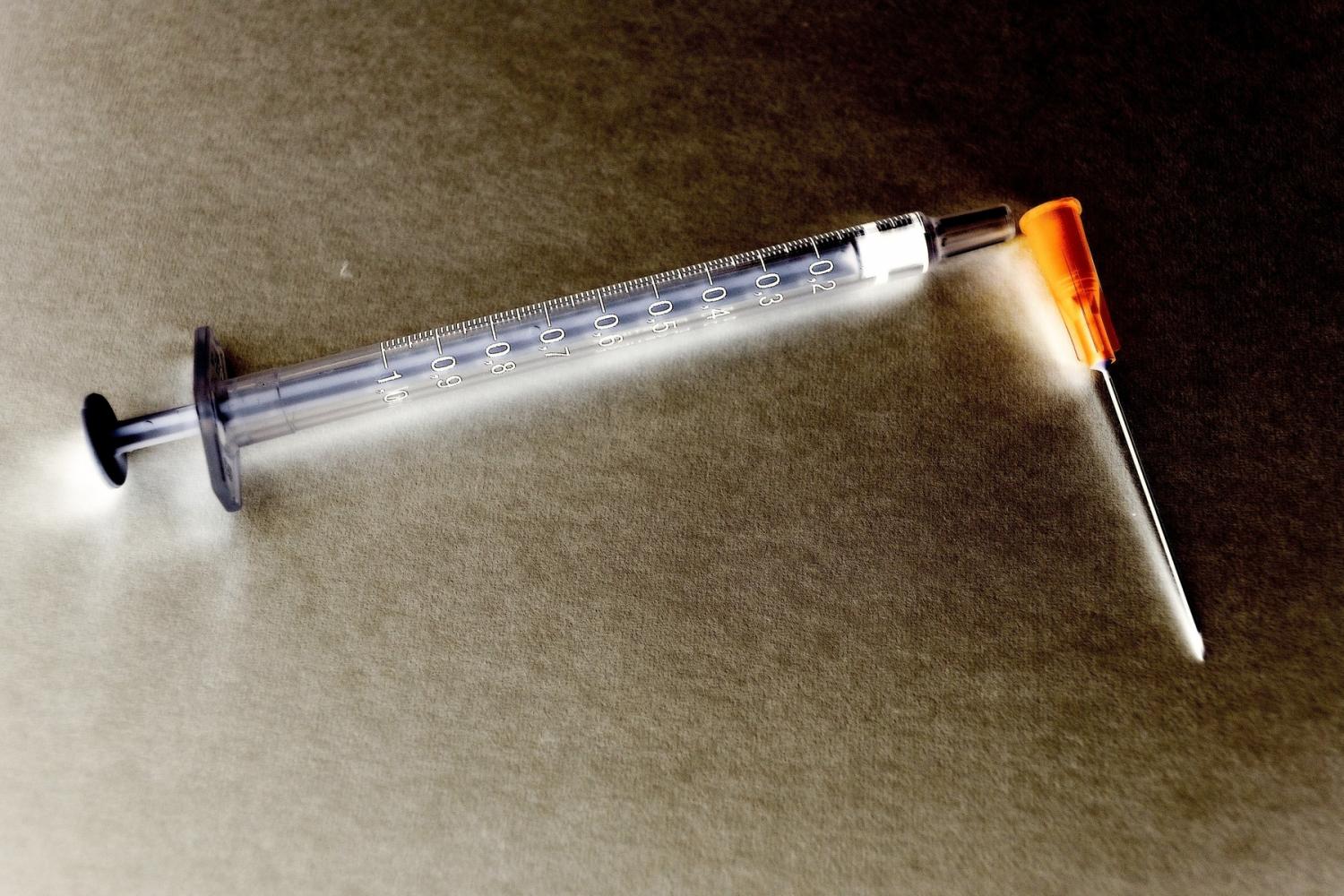
The nation’s top CEO’s have been stepping up to fill in for a leadership void on issues of broad public concern, including gun safety, immigrant rights, the Black Lives Matter movement and LGBTQ rights. Now the issue is vaccine safety, and CEOs are once again being put to the test. On this topic, however, asserting leadership will be a steeper climb.
Dangerous misdirection on vaccine safety
Vaccines have been under assault from the growing anti-vax movement, and the issue has become a particularly fraught one due to the Trump administration’s mishandling of the COVID-19 crisis.
Among other problems, the president himself has touted quack cures and unproven remedies, personally undercutting expert advice from health professionals the Centers for Disease Control and Prevention (CDC) and other acknowledged sources of informed guidance on viral outbreaks.
In addition, the president’s policy of nullifying or simply ignoring regulations on businesses has rippled into the Food and Drug Administration (FDA). As with the CDC, the FDA has suffered significant reputational loss under the Trump presidency - another factor getting in the way of the public's trust in vaccine safety.
Despite his lack of informed insights, the president has begun hinting, and outright stating, that a COVID-19 vaccine will be available this fall. That directly contradicts the consensus of experts who caution that proving the safety of an effective vaccine will take researchers into 2021.
Business leaders step up for vaccine safety
Against this backdrop, nine pharmaceutical industry executives have publicly pledged not to seek FDA approval for their vaccines until they are satisfied that the drugs have passed the all-important Phase 3 clinical trial.
The nine represent AstraZeneca, Moderna, Pfizer, Johnson & Johnson, GlaxoSmithKline, Merck, Novavax, BioNTech and Sanofi.
In effect, these nine companies are refusing to bring vaccines to market according to Trump’s fall timeline.
Reporting on the vaccine pledge earlier this week, the Washington Post called it "an extraordinary effort to bolster public faith in a vaccine amid President Trump’s rush to introduce one before Election Day.”
The pledge specifically calls public attention to the fact that vaccine development is subject to a rigorous process based on science, not on political expediency.
“We, the undersigned biopharmaceutical companies, want to make clear our on-going commitment to developing and testing potential vaccines for COVID-19 in accordance with high ethical standards and sound scientific principles,” the statement begins, adding that the FDA has dictated “clear guidance for the development of COVID-19 vaccines and clear criteria for their potential authorization or approval in the U.S.”
Referring obliquely to the time-consuming Phase 3 clinical trial part of the process, the statement also makes it clear that the nine CEO’s will not allow their companies to take shortcuts.
“[FDA] requires that scientific evidence for regulatory approval must come from large, high quality clinical trials that are randomized and observer-blinded, with an expectation of appropriately designed studies with significant numbers of participants across diverse populations,” the statement reads.
A steep climb to regain public confidence
“We believe this pledge will help ensure public confidence in the rigorous scientific and regulatory process by which COVID-19 vaccines are evaluated and may ultimately be approved,” the statement concludes.
That outlook may be overly optimistic. The journal Science has noted that anti-vaxxers were already labeling COVID-19 a hoax from the outset, and they “kicked into overdrive” as the outbreak took hold globally.
Apparently, those efforts have taken effect in the U.S. "Recent polls have found as few as 50 percent of people in the United States are committed to receiving a vaccine, with another quarter wavering,” Science reported.
That was last June, and since then the regular stream of misinformation from the White House has only added to the confusion.
Another red flag was raised earlier this week by the news organization Talking Points Memo, under the headline, “When You Can’t Trust The CDC: Red And Blue States Alike Flee Trump COVID Response.”
The article outlines how “states, cities, and pharmaceutical companies are contradicting or ignoring the Trump administration in responding to COVID-19 as the White House continues to push for responses that could help the president politically while undermining the country’s ability to fight the pandemic.”
Since distributing a safe, effective vaccine is a key part of the COVID-19 response, it will not be surprising if health officials in some states push back against last week’s guidance from the CDC, which indicated that a vaccine would be ready for distribution on November 1, two days before Election Day.
The corporate pledge on vaccine safety has brought some much-needed clarity to the issue, but the nine CEO’s are pulling against a strong tide of confusion and misinformation. The work of restoring public trust has only just begun.
Sign up for the weekly Brands Taking Stands newsletter, which arrives in your inbox every Wednesday.
Image credit: PxHere

Tina writes frequently for TriplePundit and other websites, with a focus on military, government and corporate sustainability, clean tech research and emerging energy technologies. She is a former Deputy Director of Public Affairs of the New York City Department of Environmental Protection, and author of books and articles on recycling and other conservation themes.














